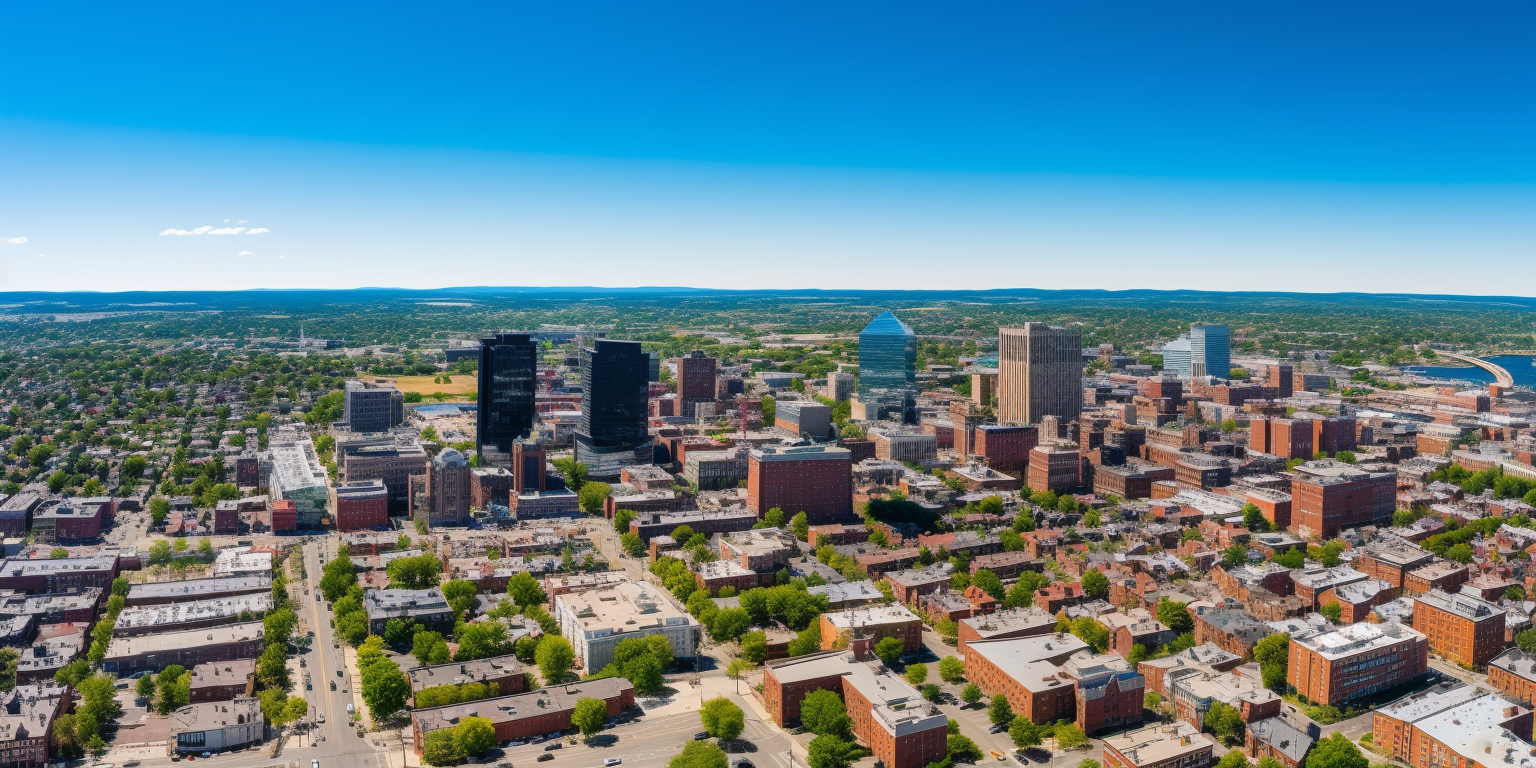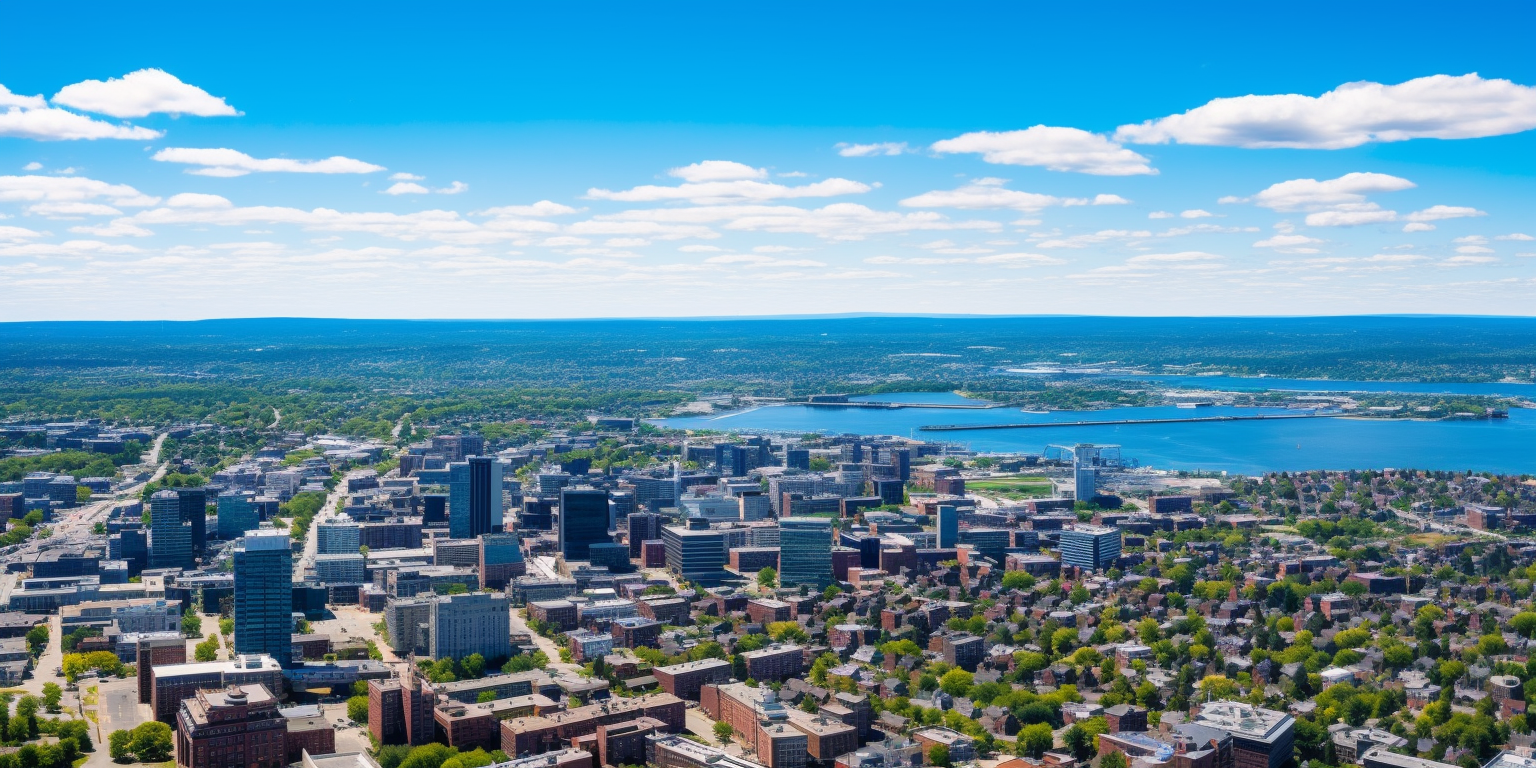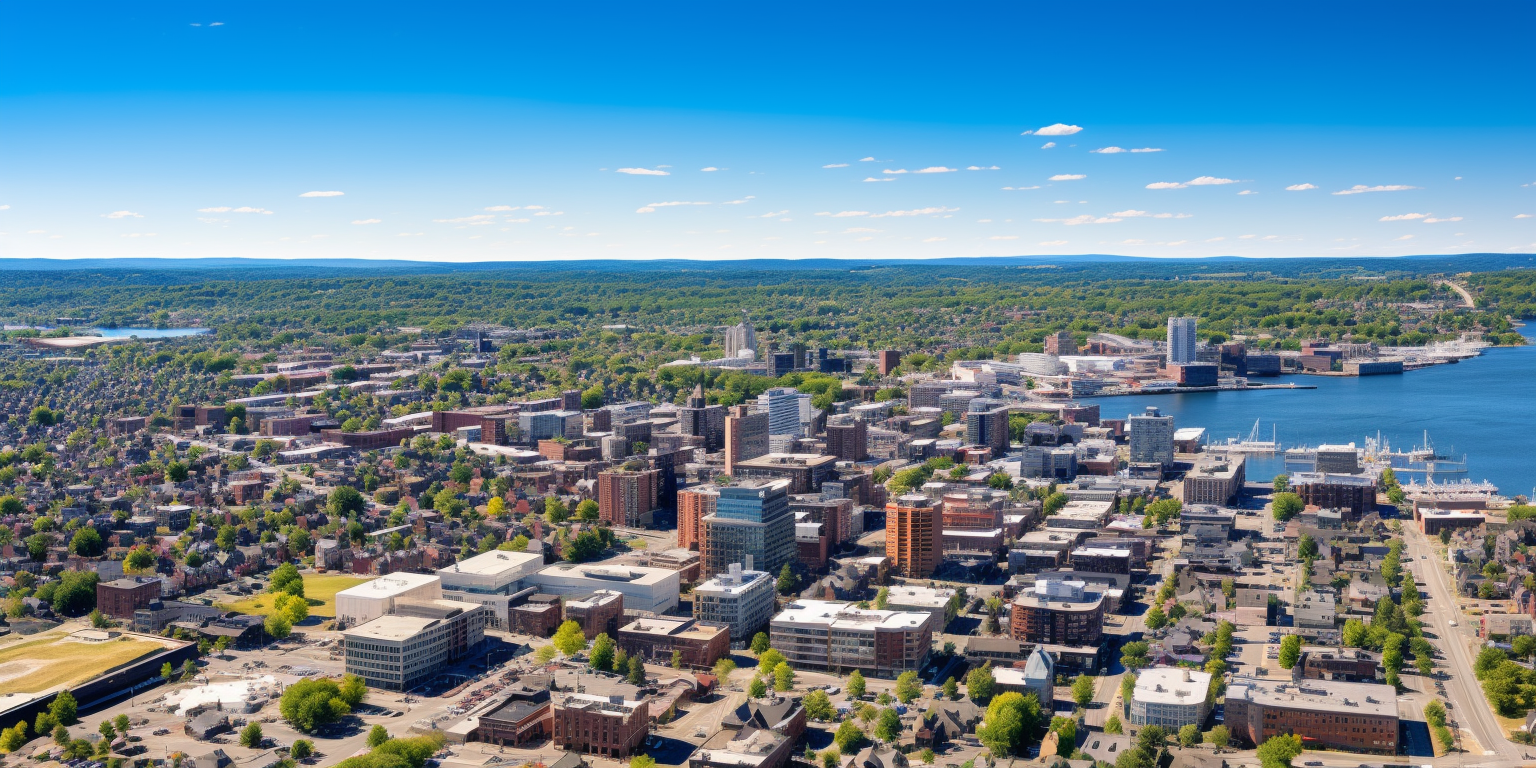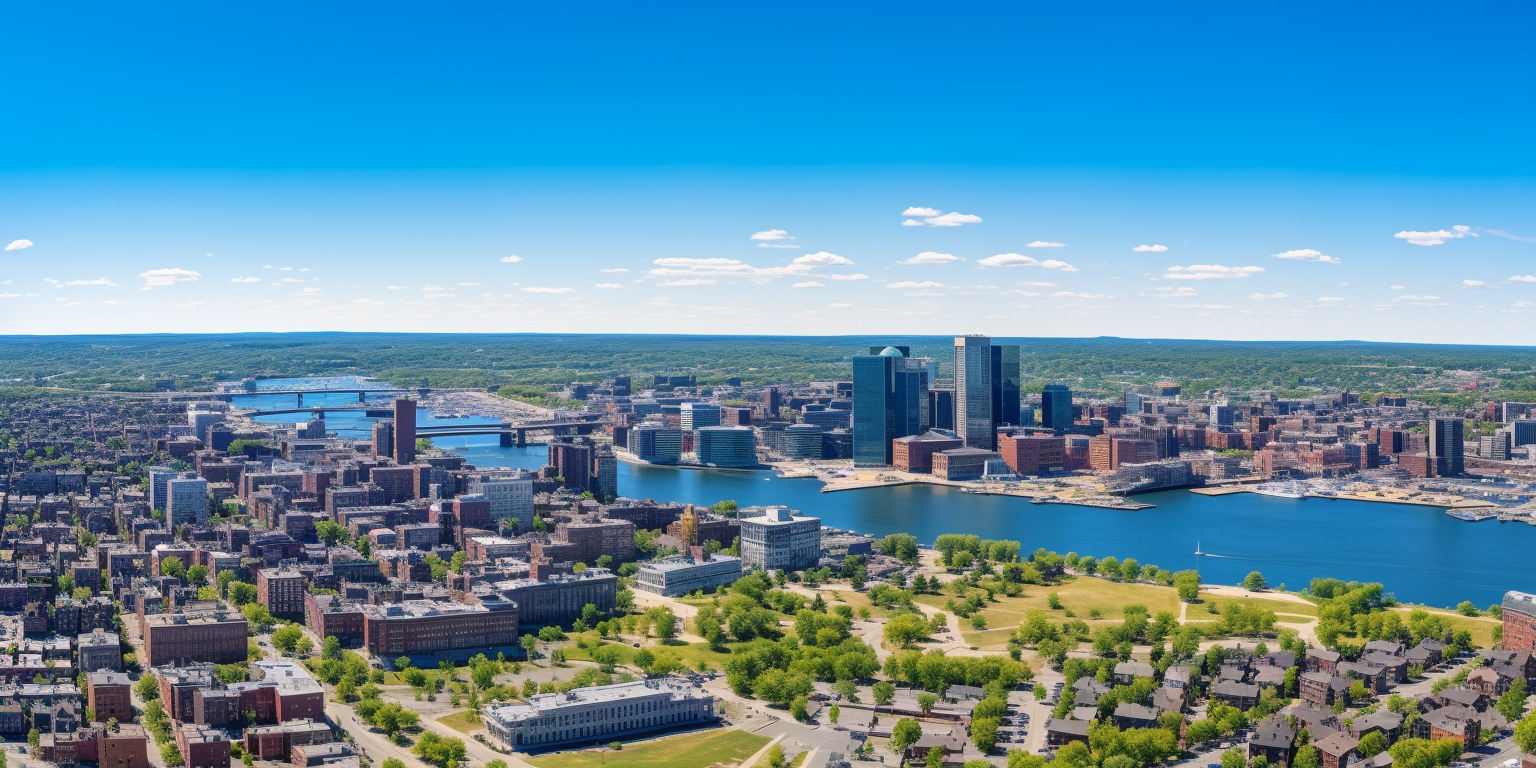Power washing uses high-pressure water — and water and electricity don’t mix. So it’s a fair question: can power washing cause electrical problems? Yes, it can — if the equipment is misused or safety precautions are ignored.
How Electrical Hazards Can Happen
Power washing around homes or commercial buildings often means working near:
- Outdoor outlets
- Light fixtures
- Electric meters
- HVAC units
- Exterior wiring (especially on older buildings)
High-pressure water can breach seals, spray directly into fixtures, or seep into walls — potentially causing:
- Short circuits
- GFCI tripping
- Electrical fires
- Damage to sensitive equipment
It only takes a small crack in a weatherproof box or a faulty seal to allow moisture in.
Risk Factors to Watch
- Old or Damaged Fixtures: Cracked outlet covers or worn seals are especially vulnerable.
- Poor Sealing: Improperly installed or maintained electrical boxes can let water in.
- Spray Angle: Spraying upward or directly at outlets increases the chance of water intrusion.
- DIY Jobs: Homeowners often don’t realize where sensitive electrical components are hidden.
Safety First — Hire a Pro
Professional power washers are trained to identify and protect electrical hazards before starting. That includes taping outlets, shielding fixtures, and adjusting spray patterns. If you’re planning to clean around electrical features, especially on commercial properties, it’s best to let the pros handle it — safely and thoroughly.








